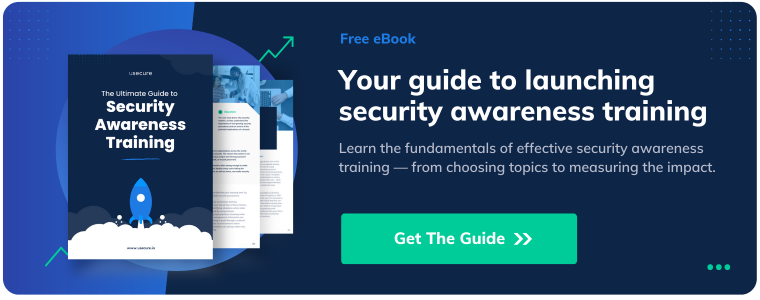When Human Error Becomes the Breach: What the Gucci, Balenciaga & McQueen Attack Teaches Us
In the world of luxury retail, brand prestige has always been as much about exclusivity and trust as about design and craftsmanship. Yet even the most esteemed brands are not immune to the realities of cyber risk.
The recent breach at Kering — owner of Gucci, Balenciaga, Alexander McQueen and other houses — is a stark reminder that cyber incidents are rarely just the result of sophisticated technical exploits. More often, they stem from human error, oversight, or the exploitation of human behavior.
Here’s what happened, what it means for human risk, and what organizations and their teams can do to stay safe.
What Happened: Overview of the Incident
- In April 2025, hackers from the group Shiny Hunters gained “temporary access” to certain Kering systems. The breach was not initially disclosed, but by June, Kering detected the intrusion and reported the incident.
- The hackers, tracked by Google as UNC6040, are known for stealing data by tricking employees into handing over their login details for internal Salesforce software.
- The hackers claimed to have data linked to 7.4 million unique email addresses. Other compromised data includes:
- Customer names,
- phone numbers,
- home addresses,
- dates of birth / birth years, and
- purchase histories (including total amounts spent per customer; some records show spending of tens of thousands of dollars, in some cases up to around US$86,000).
Key Lessons for Businesses
While investigations are ongoing, several risks and consequences are already evident or highly likely in the wake of this breach:
-
Phishing, Smishing & Impersonation
With names, emails, phone numbers, and addresses in hand, malicious actors can craft highly personalized communications: emails that appear to reference real purchases, phone calls or texts claiming to be from customer support or delivery services. -
Targeting of High-Value Customers
Since the data includes purchasing history and amounts spent, those who have spent more may be especially targeted. Attackers can use knowledge of past purchases to build trust. -
Identity Exposure & Cumulative Risk
Even without financial data, the exposed information can be combined with other breaches to build a more complete picture of someone’s identity. For instance, name + date of birth + address + purchase history is often enough to make social engineering attempts much more effective. -
Reputational & Regulatory Fallout for the Company
For Kering and its brands, this breach is likely to diminish customer trust. Regulators (especially under GDPR) may investigate and potentially require corrective measures. Businesses may also face costs like customer notifications, forensic investigations, and possibly legal actions. -
Psychological & Behavioral Impact on Individuals
Customers whose data has been exposed may feel violated, anxious, and unsure about what to trust. This can lead to reduced engagement with brands and hesitancy to share data in the future.
Human Risk Is Every Organization’s Problem
The Gucci, Balenciaga, and Alexander McQueen breach is a reminder that cyber criminals don’t need to steal credit card numbers to cause harm — exploiting human behavior is often enough. With names, emails, phone numbers, and purchase histories exposed, attackers will rely on urgency, trust, and familiarity to trick individuals into handing over even more.
Protecting against these tactics comes down to human resilience. Building habits like pausing before clicking on links, challenging unexpected requests, and reporting suspicious messages are critical steps in reducing personal risk. For organizations, this means treating human error as a strategic risk — not an afterthought.
How Usecure Helps You Reduce Human Risk
At usecure, we help organizations turn their biggest vulnerability into their strongest defense: their people. Our human risk management platform equips employees with ongoing cyber awareness training, realistic phishing simulations, and clear reporting processes that embed secure habits into everyday work. Get in touch with us today to learn how usecure can help your organisation build a security-first culture.


.png)